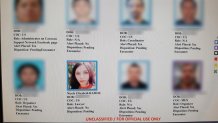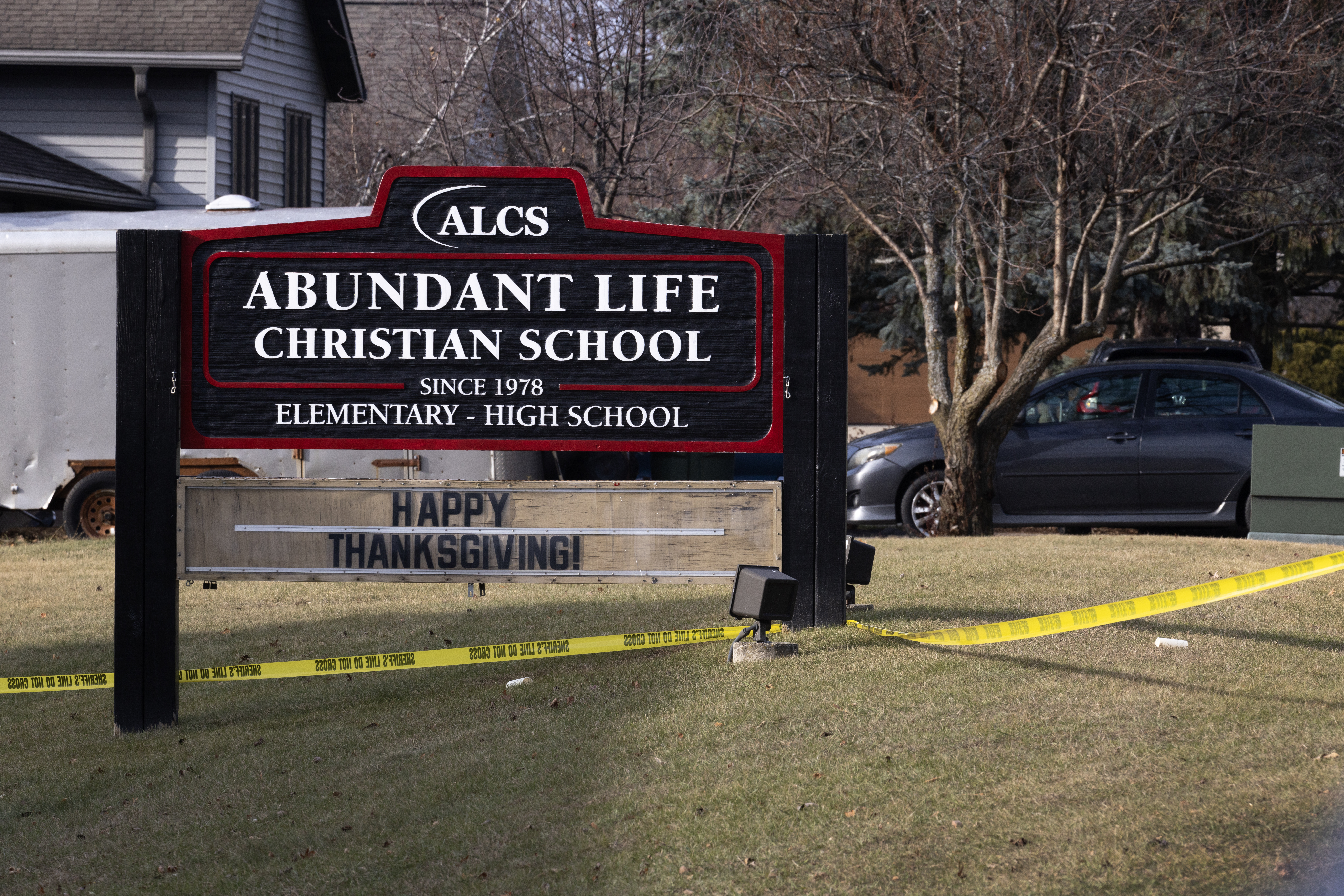Democratic lawmakers are renewing their call for the Trump Administration to answer questions and release records of surveillance programs run by the Department of Homeland Security (DHS).
Those lawmakers singled out a database used by border agents to track and store information on 59 individuals, including journalists, attorneys and immigration advocates, tied to a migrant caravan that arrived in Tijuana, Mexico late last year. A majority of those subject to surveillance are U.S. citizens.
NBC 7 Investigates revealed the existence of that database March 6, 2019, after obtaining leaked screenshots of the database from a Homeland Security source. The leaked documents included dossiers compiled on some of the individuals in the database, including an immigration attorney.
In a letter sent to DHS on Friday, U.S. Senators Kamala Harris (D-CA), Richard Blumenthal (D-CT), Tom Udall (D-NM), and Elizabeth Warren (D-MA) demanded answers from DHS Acting Secretary Kevin McAleenan on the database program, as well as the department’s use of a private intelligence company that documented protests nationwide of the Trump administration’s “zero tolerance” and child separation policies.
The Intercept obtained documents that show "LookingGlass Cyber Solutions" of Virginia documented the locations of more than 600 demonstrations across the country as well as Facebook pages tied to the events.
The company then shared that information with DHS and other state-level law enforcement agencies. A spokesperson for DHS told The Intercept on background that the information was “unsolicited.”
Local
Lawmakers said those surveillance tactics could violate the Privacy Act of 1974, which established “fair information practices” governing the “collection, maintenance, use, and dissemination of information about individuals that is maintained in systems of records by federal agencies,” according to the Department of Justice’s website.
To read the letter from lawmakers, click here.
In addition to answering their questions, Senators want DHS officials to release guideline, handbooks and other documents that show how DHS gathers intelligence on U.S. citizens. NBC 7 and the Reporters Committee for Freedom of the Press filed a lawsuit seeking these records after border agencies missed a deadline for release under a Freedom of Information Act request.
One of the questions directed to DHS officials pertains to the scope of the agency’s social media collection program, specifically regarding journalists, attorneys, activists, and protestors who have not been accused of a crime and are not suspected of wrongdoing.
Nicole Ramos is one of the immigration attorneys listed in the database created by San Diego-area border agents. Ramos told NBC 7 the photo used for her database entry came from her Facebook account. Another U.S. citizen in the database was labeled as an “Administrator” on a “Caravan Support Network Facebook Page,” indicating border agents had viewed the person’s social media profile.

NBC 7 reached out to both DHS and CBP officials for a comment on the letter but have not heard back. Previously, a spokesperson for the Department of Homeland Security said the agencies’ efforts to gather this type of information is “standard law enforcement practice,” and that “CBP does not target journalists for inspection based on their occupation or their reporting.”
CBP along with the DHS Inspector General’s office have launched internal investigations into the creation of the database.
Senators gave DHS officials a May 24th deadline for answering their questions.
This isn’t the first time lawmakers asked questions about the database. Days after NBC 7 published its initial investigation, Senators Blumenthal, Bennie Thompson (D-MS) and Kathleen Rice (D-NY) also demanded information and gave CBP and DHS deadlines for a response. Those requests were met with silence.
In early May, the Center for Democracy and Technology, along with 100 civil rights organizations, sent a letter to the DHS’ Acting Secretary voicing opposition to the data collection and urging the department to stop targeting activists, journalists, and lawyers for exercising speech and associational activities protected by the First Amendment.
To read stories from NBC 7’s on-going investigation of this database, click here.
You can also hear how the team reported this story by listening to INSIGHT: Episode One below.



